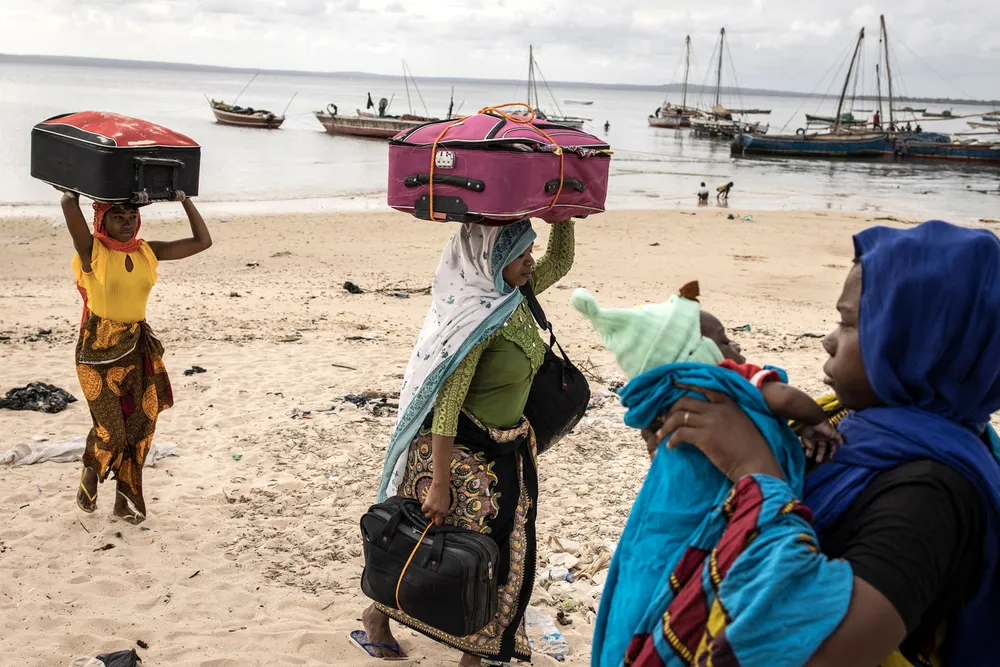Mozambique insurgency: regional troops set be deployed to Cabo Delgado
SADC members to send soldiers to northern Mozambique, amid concern that remaining citizens in Palma may join insurgents 'to survive'

SADC members to send soldiers to northern Mozambique, amid concern that remaining citizens in Palma may join insurgents 'to survive'
